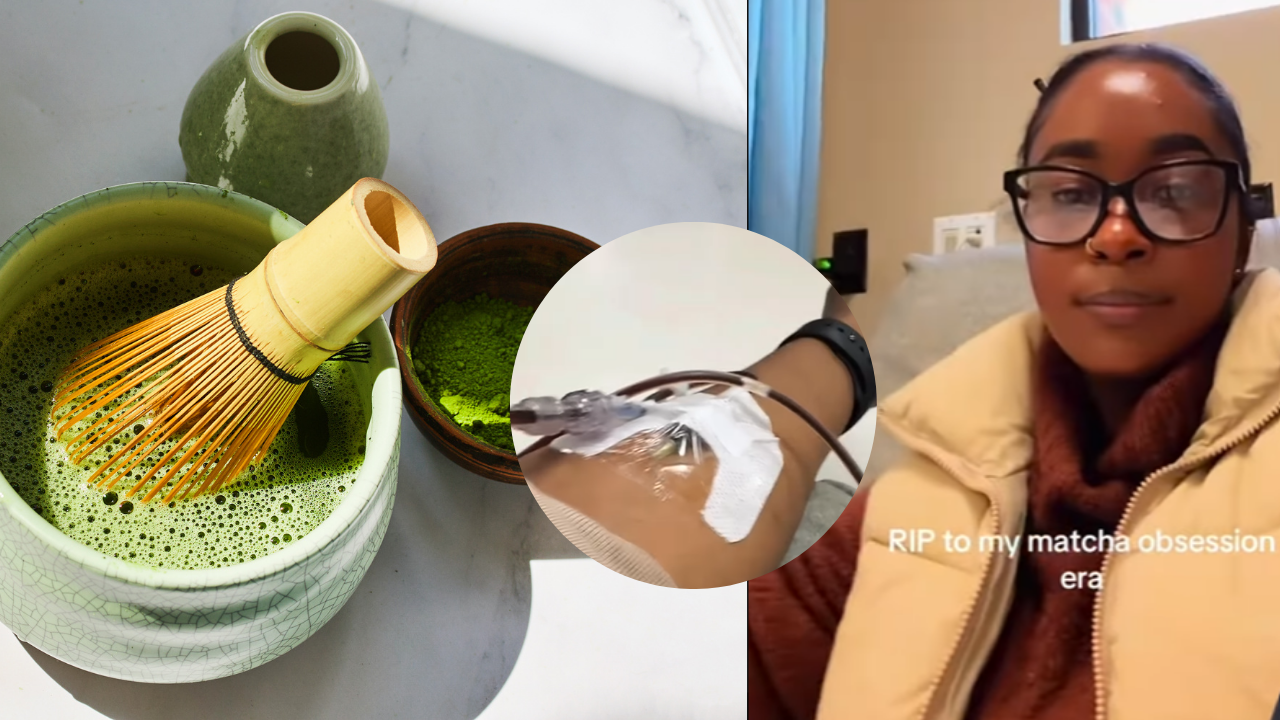Matcha Could Be Messing With Your Iron Levels, According To Doctor

Credits: Canva and Instagram
SummaryIs Matcha really healthy or could it be messing with you iron levels? What happens when you drink too much of it? Dr Karan Rajan explains in his video. Find the details here. Read on to know more about it and what too much Matcha can do to your health.
End of Article
